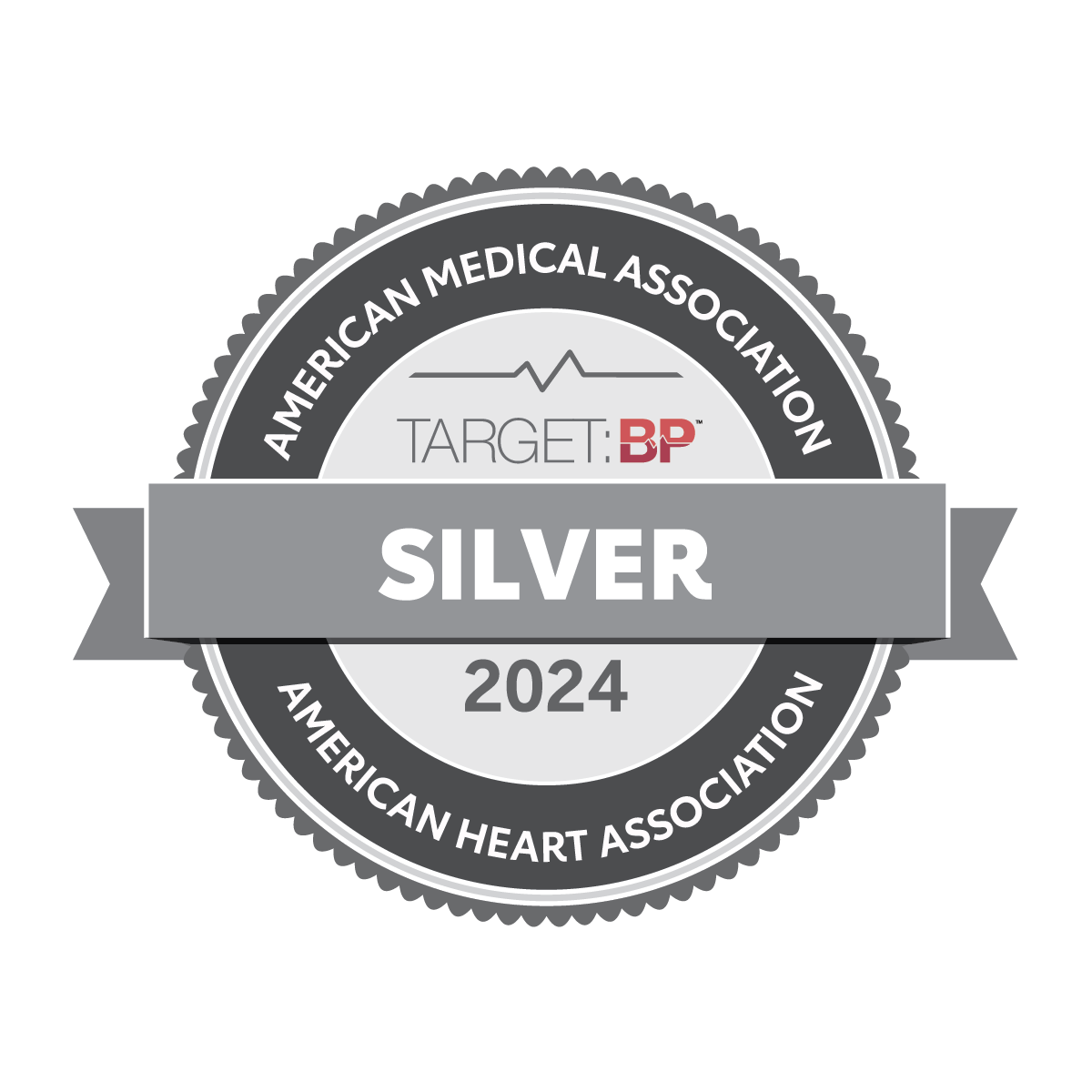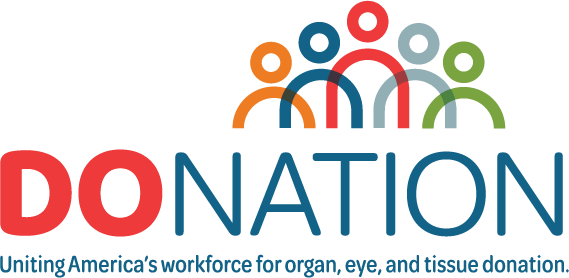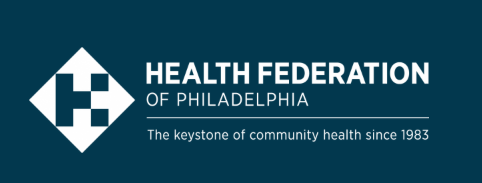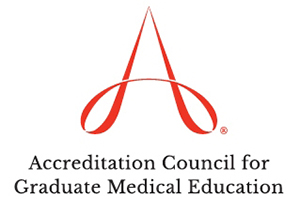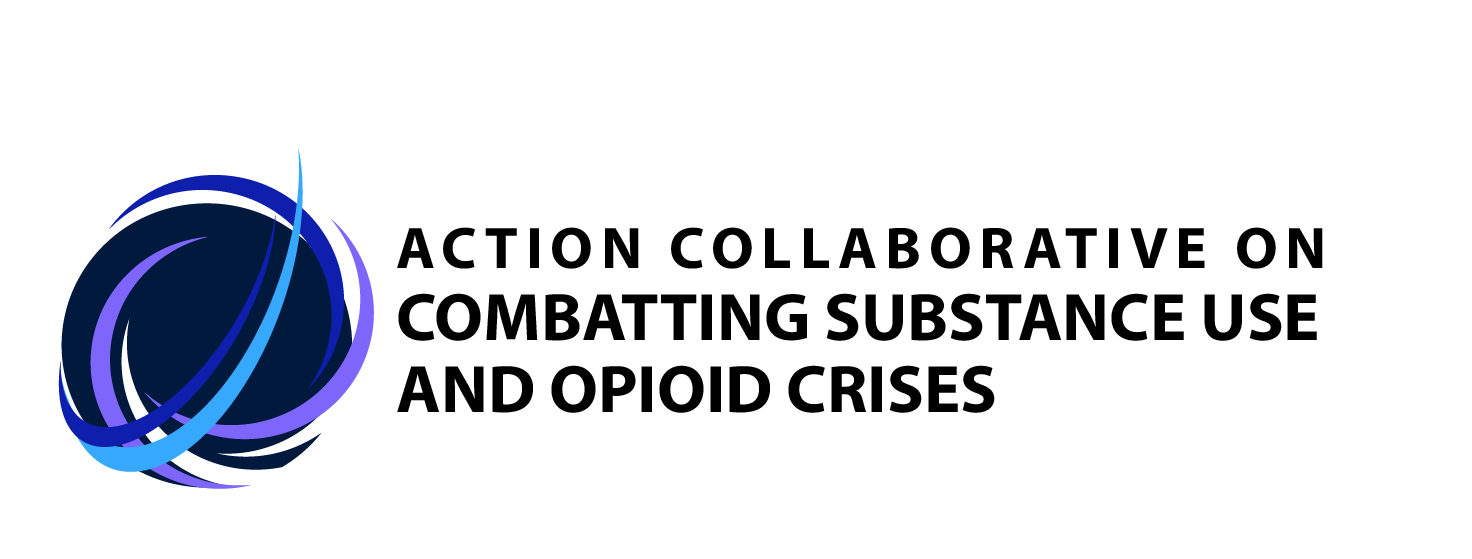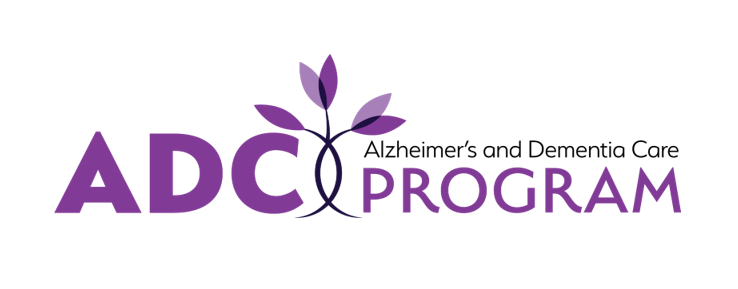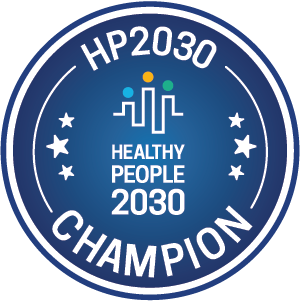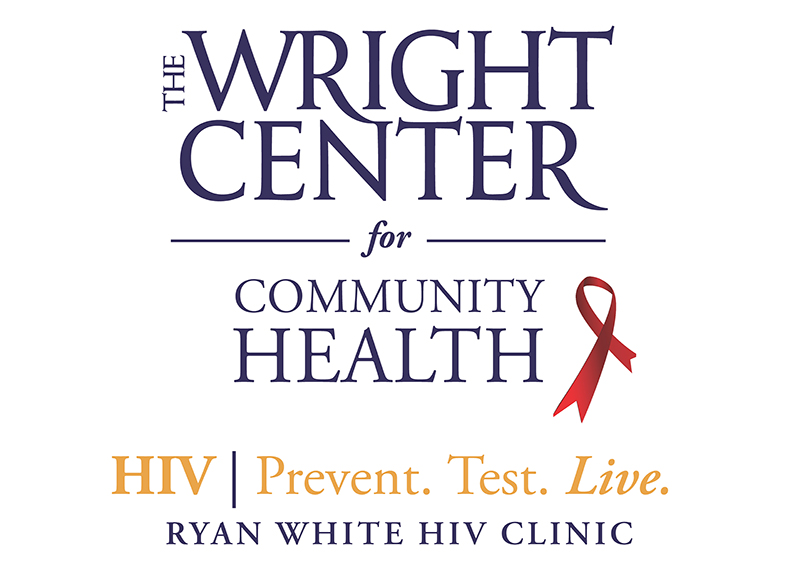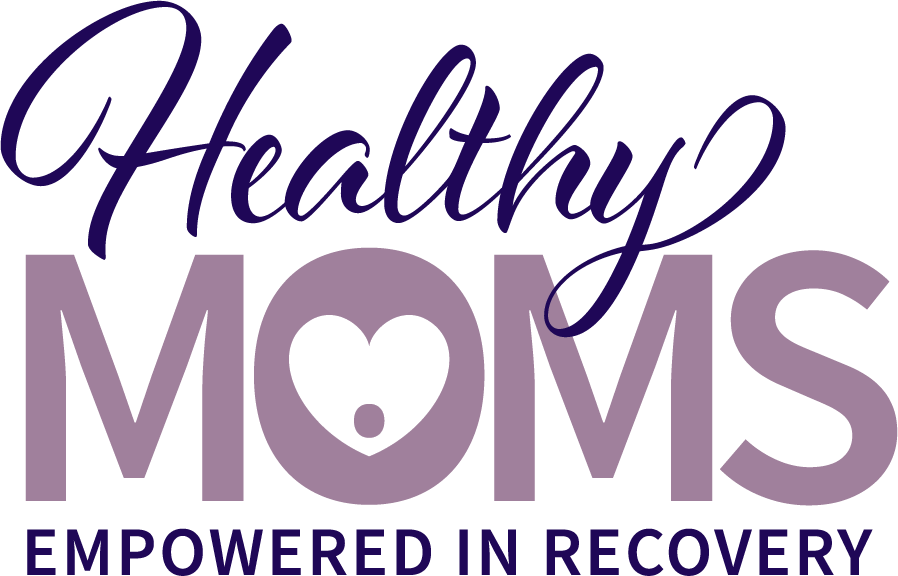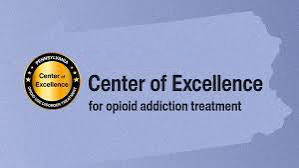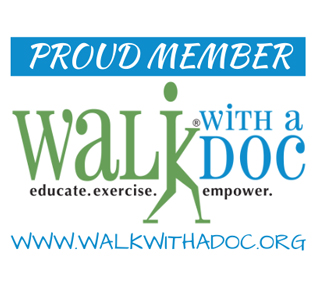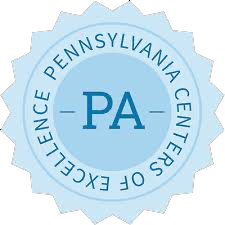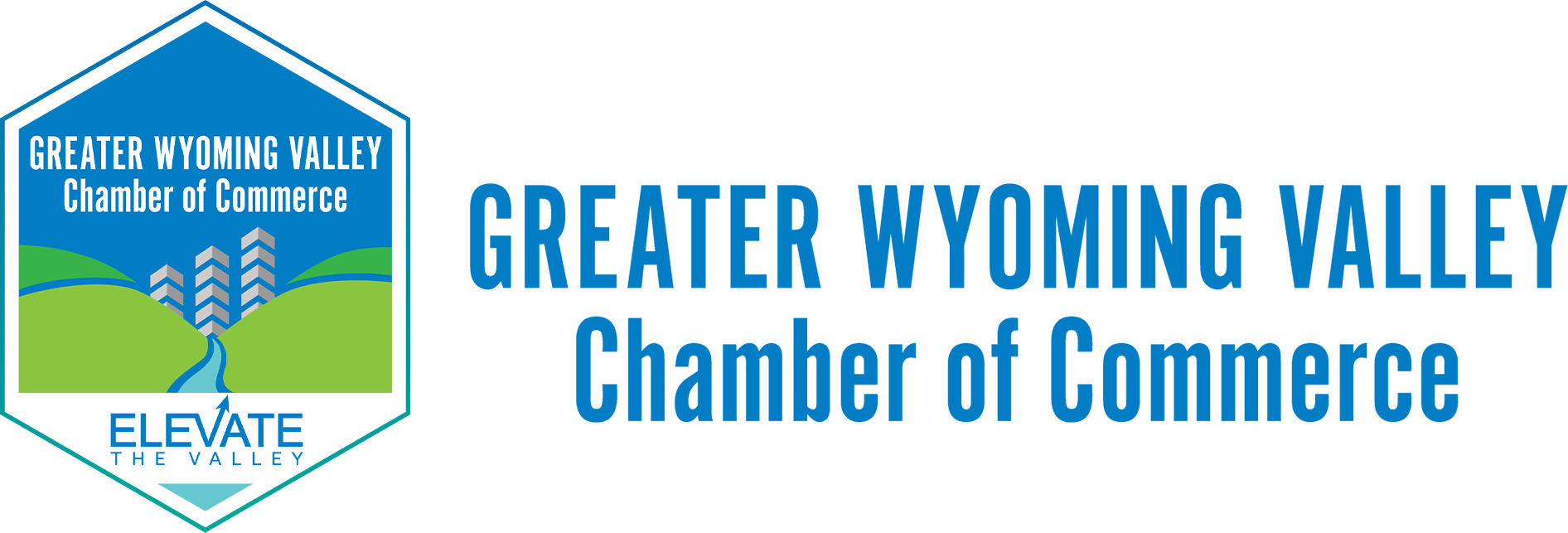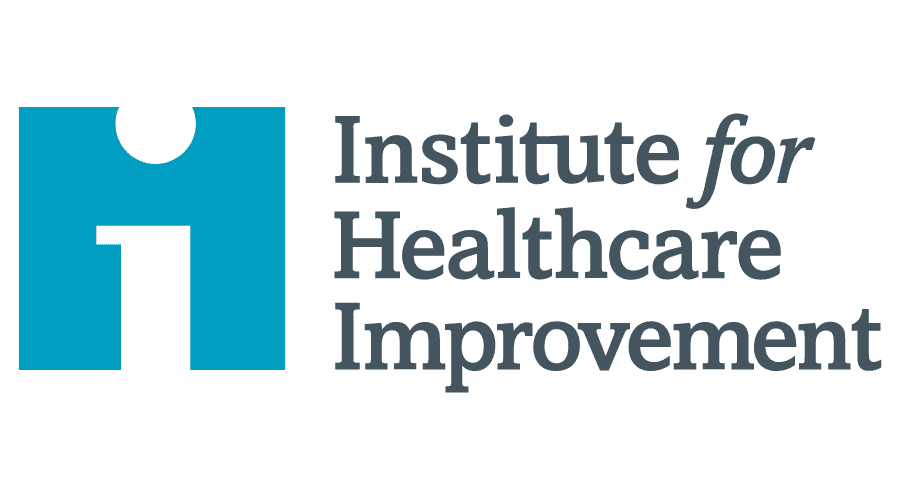What is a Teaching Health Center?
Teaching Health Centers like The Wright Center are the solution to the crisis facing primary care in the United States.
Across the nation, fewer and fewer medical school graduates are pursuing careers in primary care, at a time when many working primary care providers are planning to retire. Teaching Health Centers aim to ensure a viable primary care workforce for low-income communities by providing training at Federally Qualified Health Centers (FQHC) and similar sites.
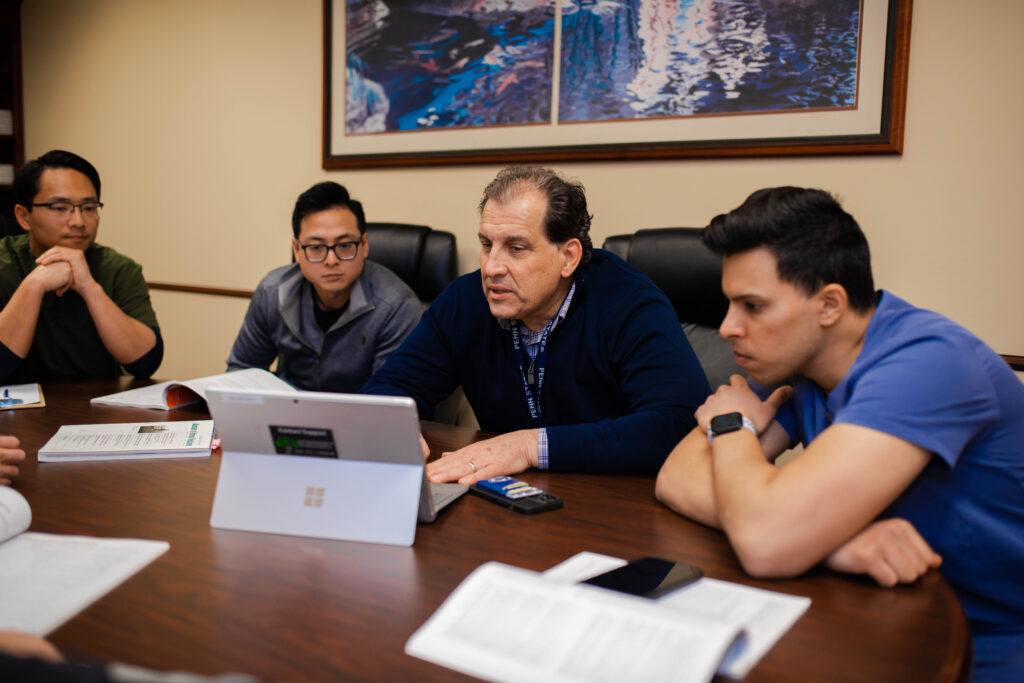
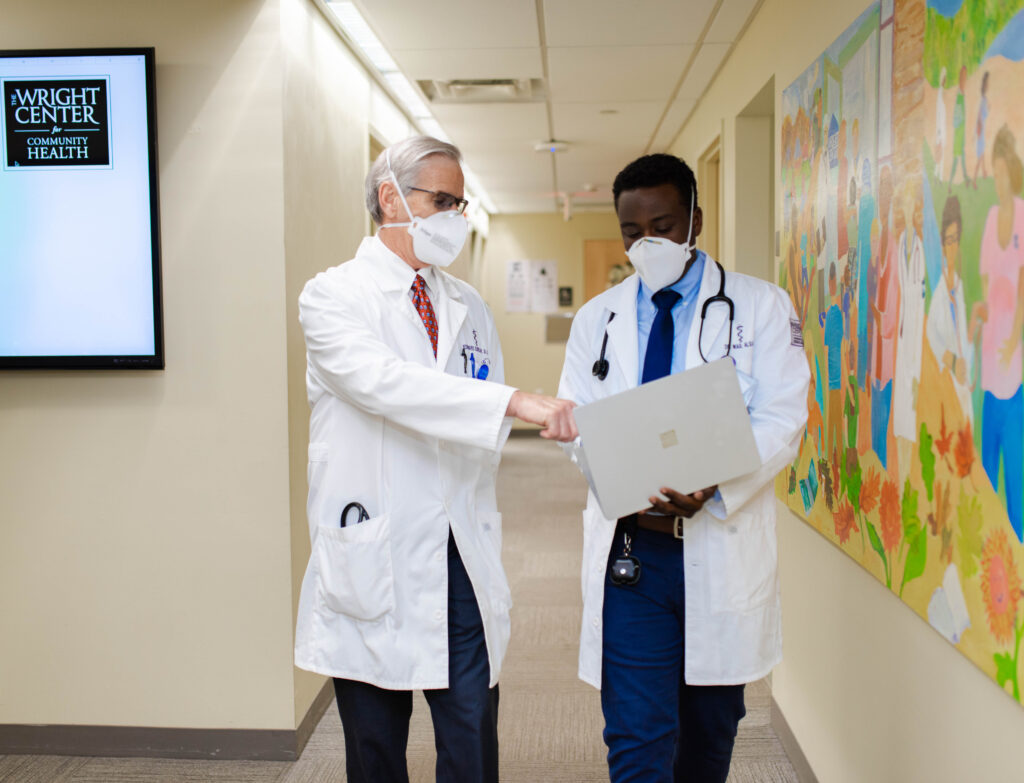
Research shows that residents who train in FQHCs and FQHC Look-Alikes are more likely to practice in medically underserved areas – and to feel more prepared to do so.
Many Teaching Health Centers, The Wright Center included, receive federal funding to support our activities through U.S. Health Resource and Services Administration’s (HRSA) Teaching Health Center Graduate Medical Education Program. This funding source is essential for the continuation of many Teaching Health Center programs.
Fast Facts about the Teaching Health Center Graduate Medical Education (THCGME) Program:
Source: HRSA, Sept. and Dec. 2025
- HRSA’s National Center for Health Workforce Analysis projects a shortage of 70,610 primary care physicians—including family medicine, general internal medicine, geriatrics, and pediatrics—in 2038.
- Last year, THCGME residents treated over 792,000 patients during more than 1.2 million patient encounters, significantly enhancing access to care in primary care in underserved areas. (HRSA, Jan. 2024)
- Since the THCGME program was established in 2010, there have been 2,721 new primary care physicians and dentists who have completed residencies and entered the workforce.
- The program funded the training of over 1,228 residents in 82 community-based residency programs in the 2023-24 academic year.
We are proud that an overwhelming amount of our graduates choose to practice in underserved areas, including Northeast Pennsylvania, in the relentless pursuit of our mission.

